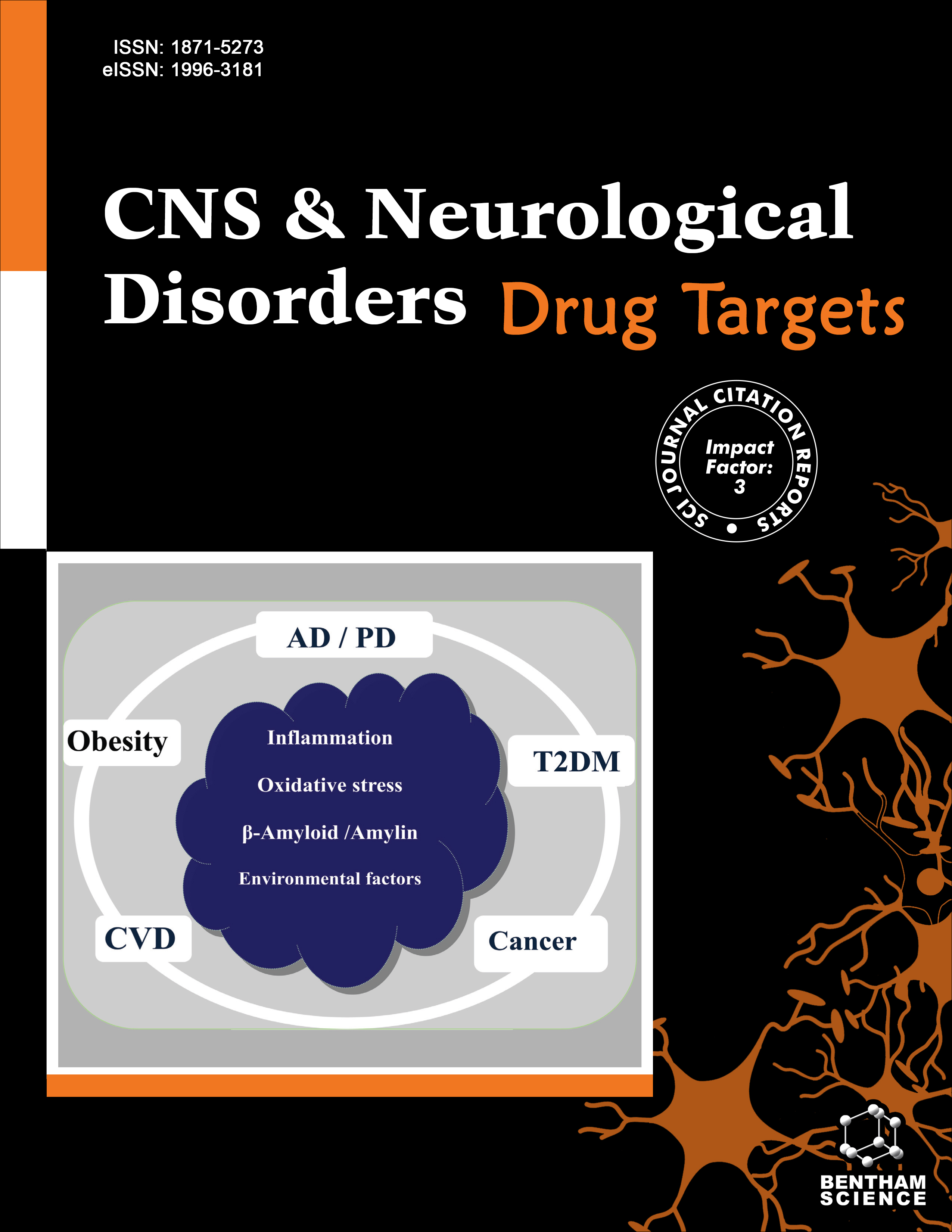-
oa Investigation of Psychoactive Medications: Challenges and a Practical and Scalable New Path
- Source: CNS & Neurological Disorders - Drug Targets, Volume 22, Issue 9, Nov 2023, p. 1267 - 1274
-
- 01 Nov 2023
Abstract
In the last two decades the validity of clinical trials in psychiatry has been subjected to discussion. The most accepted clinical study method in the medical area, i.e. the randomized controlled trial (RCT), faces significant problems when applied to the psychiatric field. One of the causes for this scenario is the strict participant inclusion and exclusion criteria that may not represent the real world. The inconsistency of the different endpoint parameters that are used in the field is another cause. We think that psychiatric RCTs’ challenges, together with the underlying complexity of psychiatry, lead to a problematic clinical practice. Psychoactive substances are currently routinely tested outside of a formal clinical trial environment. Off-label psychoactive drugs are commonly prescribed, and other substances, such as herbal remedies, are also regularly consumed. These real-life experiments can teach us useful lessons. Real-world data (RWD) includes information about heterogeneous patient populations, and it can be measured with standardized parameters. Collecting RWD can also address the need for systematically documenting and sharing case reports’ outcomes. We suggest using digital tools to capture objective and continuous behavioral data from patients passively. New conclusions will be constantly drawn, possibly allowing more personalized treatment outcomes. The relevant nextgeneration decision support tools are already available.


